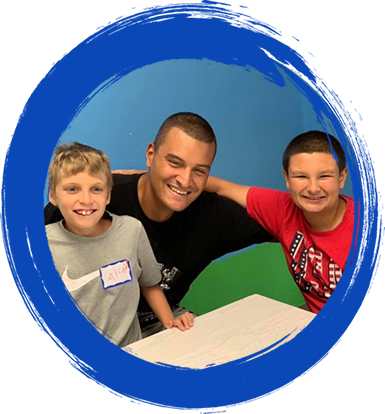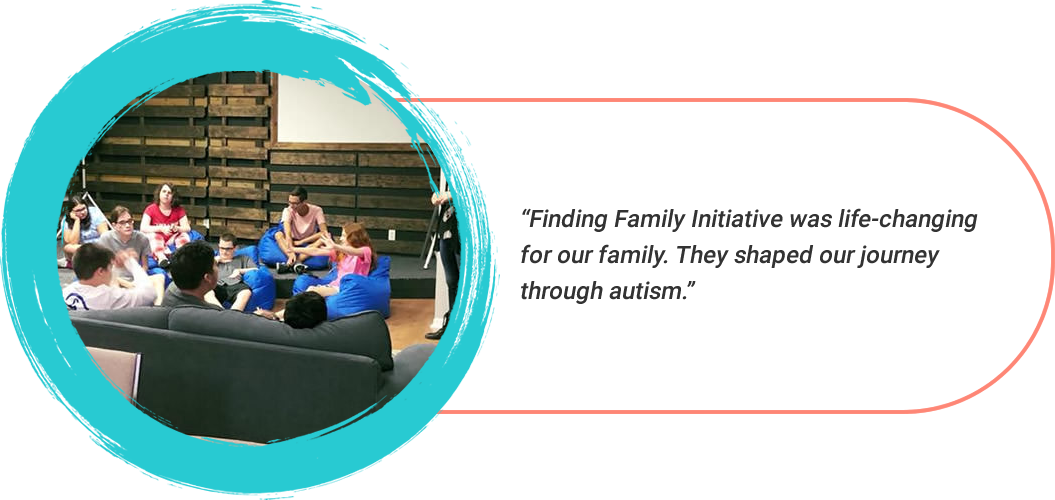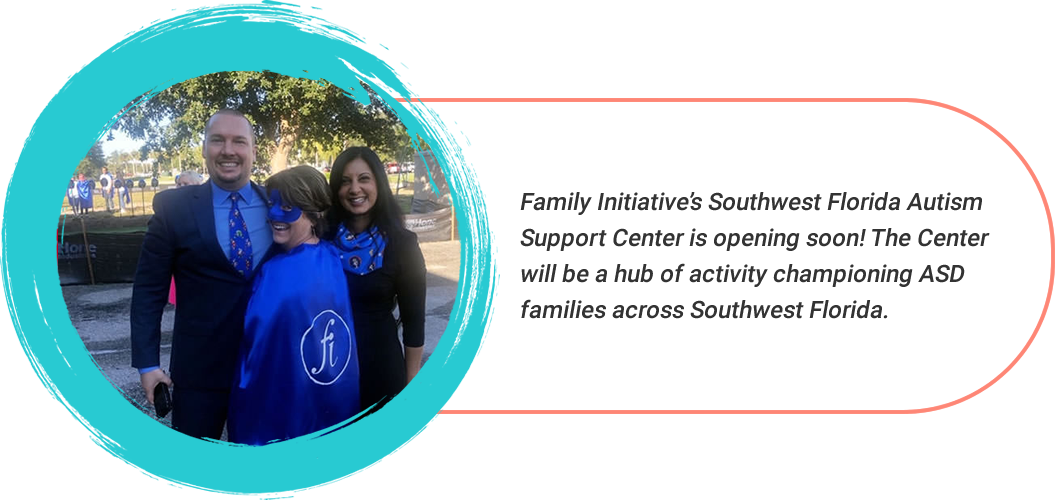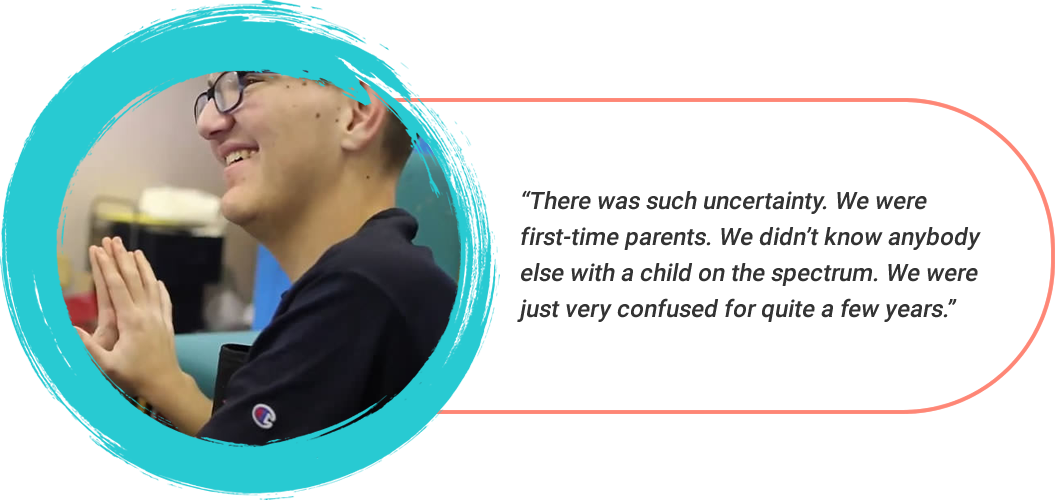
- Engages in aggressive or destructive behavior
- Has difficulty following directions
- Elopes/runs away from areas
- Needs support during social interactions
- Requires support in daily living and self-care tasks (bathing, dressing, eating, etc.)

ABA may help.
Applied Behavioral Analysis (ABA)
Applied Behavior Analysis (ABA) is an evidence-based practice focusing on socially significant behaviors – the behaviors that matter to you. Our team of clinicians works with each family to identify actions to focus on during our services. These include behaviors to decrease such as hitting, spitting, throwing objects, dropping to the floor, and behaviors to increase, such as initiating interactions, skills to increase independence, following directions, and self-care skills.
ABA is different from other clinical interventions because it focuses on the immediate environment – what is happening immediately before and after the behavior and uses this information to help change behavior.
Our behavior services are provided in the home and the community and provide caregivers the tools and strategies to manage their child’s behavior.

“It’s like a roller coaster — it’s a little fun and a little scary.”

Clinical Services
Family Initiative provides Applied Behavior Analysis (ABA) services to families across the community. Our clinicians work alongside your family to provide exceptional services that fit your life. We are committed to developing an individualized plan that is successful for your child and your family.
Many federal and national agencies have endorsed ABA as an effective scientific approach for treating autism. These include the U.S. Surgeon General, American Academy of Pediatrics, Autism Society of America, and the National Institute of Mental Health. However, ABA can be used for anyone who exhibits behaviors to reduce, often thought of as “problem behaviors” or behaviors to improve.


"Family Initiative never judges. They’ve never judged any of our stories or any of our kids. In the school setting and with doctors, we often felt judged."





















